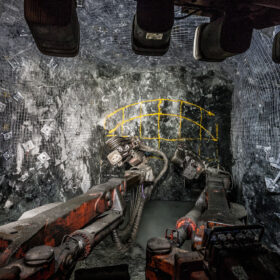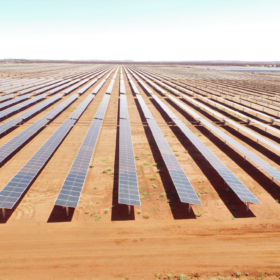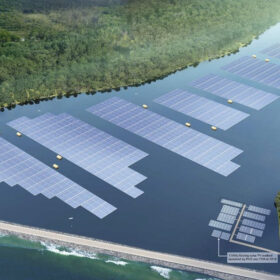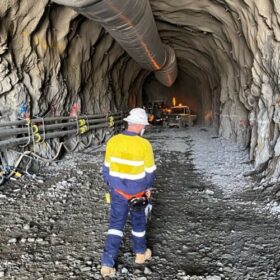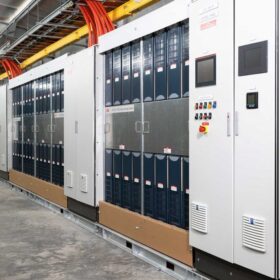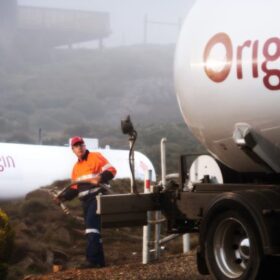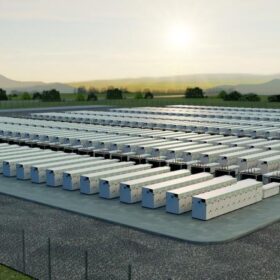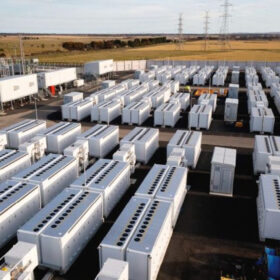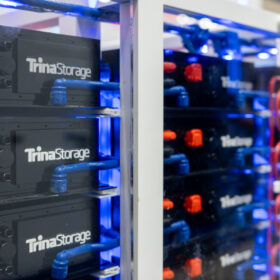Queensland Hydro heads underground with 48 GWh pumped hydro project
The Queensland government’s proposed 2 GW/48 GWh Borumba pumped hydro energy storage project continues to power ahead with a call for expressions of interest for underground works.
Fortescue terminates plans for 5.4 GW project in Pilbara
Mining giant Fortescue has abandoned plans to build a 5.4 GW solar, wind and battery energy storage project that was to provide renewable energy to power its iron ore mining operations in Western Australia’s northwest.
Weekend read: the ‘next big thing’
The PV industry in Southeast Asia has come a long way since guest author Ragna Schmidt-Haupt, partner at Everoze, reported on solar financing innovation in the region more than a decade ago. In this article, she outlines five factors for success, the newest of which has the potential to become a game changer, and not only in Southeast Asia.
Genex reaches underground milestone on pumped hydro project
The 250 MW/2,000 MWh Kidston Pumped Storage Hydro Project being developed in northern Queensland remains on track for energisation next year with developer Genex Power announcing that construction of the main access tunnel for the underground works is now complete.
South Australia moves to fast-track big battery developments
The South Australian government is looking to fast-track the development of grid-scale battery energy storage systems across the state, launching a process that promises to provide successful projects with exemptions that could “significantly” improve project timelines.
Brookfield, EIG boost Origin Energy takeover bid
The Brookfield-led consortium looking to acquire Origin Energy has come back with a “best and final” bid that values the company at approximately $20 billion (USD 12.85 billion). The offer comes just days after the energy utility’s largest shareholder rejected the previous bid.
Akaysha to begin building 300 MWh Ulinda Park battery project
Australian battery and renewable energy developer Akaysha Energy said construction of its 150 MW/300 MWh Ulinda Park big battery planned for Queensland’s Western Downs region will commence in the coming weeks with the company having now reached a final investment decision on the project.
Transformer shortages: New bottleneck of the energy storage supply chain
Transformer shortages are taking their toll on battery energy storage system (BESS) integrators, as competition in the market intensifies.
Trina unveils new 4 MWh battery fully manufactured in house, pushing into bullish battery segment
Trina has unveiled its new utility-scale battery, the Elementa 2, at Melbourne’s All-Energy conference. The company is offering design engineering services to support uptake of the 2 MW / 4 MWh LFP battery for Australian projects.
New market player snaps up 370 MWh Victorian battery project
Asset management company Sosteneo Infrastructure Partners has made its first foray into the Australian renewable energy market, purchasing the 185 MW/370 MWh Koorangie Energy Storage System in northern Victoria from Edify Energy.
